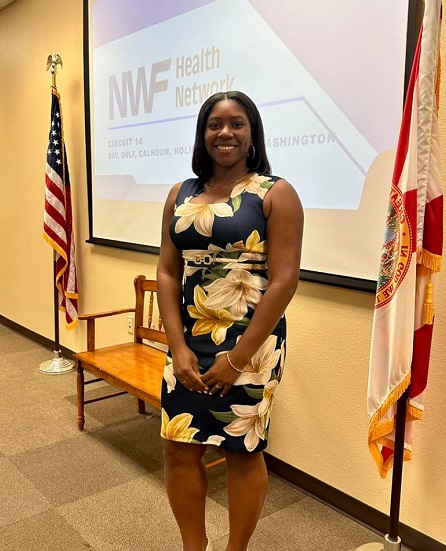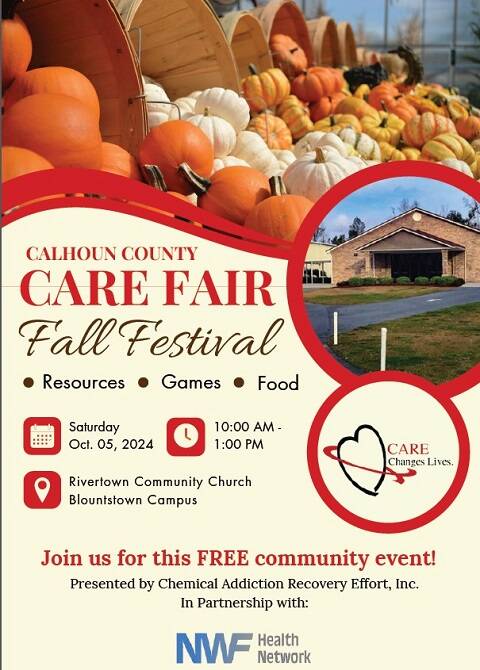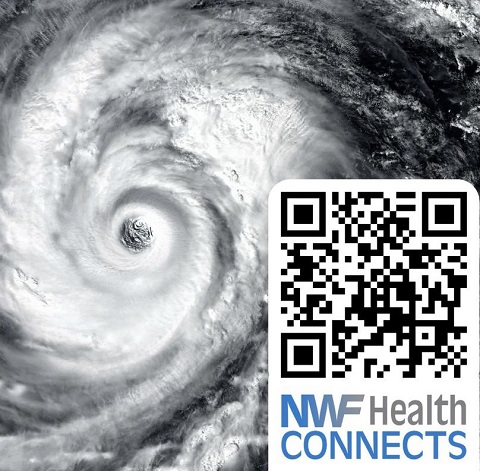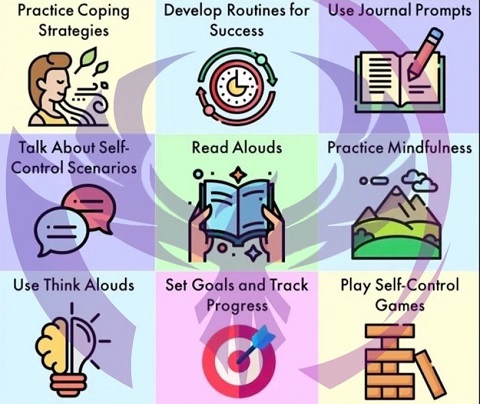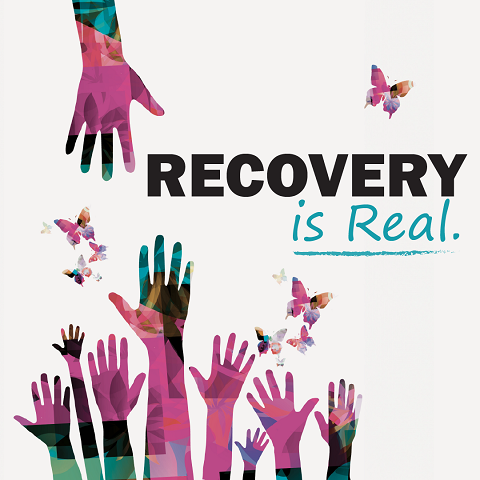
National Overdose Awareness Day
International Overdose Awareness Day is held each year on August 31st. Its a global event that raises awareness about drug overdose, while we remember the lives lost and families impacted at the hands of drug poisonings or overdose deaths. It is a day we acknowledge the grief of families and friends left behind.
An overdose can happen when the body is overwhelmed by a toxic amount of substance or combination of substances. It’s possible to overdose on many substances if they are abused, including alcohol, illicit drugs, and prescribed medication.
The physical and psychological signs of a drug overdose can vary depending on the type of drug taken and whether the drug was taken in combination with other substances.
Common signs and symptoms of a drug overdose can include:
- Dilated pupils, Nausea or vomiting, Headache, Chest pain.
- Seizures, Convulsions or tremors, blue lips or fingers, abnormally high body temperature.
- Severe difficulty breathing, shallow breathing, or complete cessation of breath.
- Gurgling sounds that indicate the person’s airway is blocked.
- Violent or aggressive behavior, Paranoia, Agitation.
- Disorientation or confusion, Unresponsiveness, Unconsciousness.
- Death.
Depressants and Opioids
A depressant is a drug that slows the vital activities of the body including breathing and the heart rate.
Barbiturates Drug Factsheet
Benzodiazepines Drug Factsheet
Opioids, slow the central nervous system to produce a calming effect.
Fentanyl Drug Factsheet
Heroin Drug Factsheet
When taken in access amounts or in combination, they can depress normal functions such as breathing and heart rate until breathing and the heart rate eventually stop.
Stimulants
Amphetamine overdose increases the risk of a heart attack, stroke, seizure or drug induced psychotic episodes.
Amphetamines Drug Factsheet
Cocaine Drug Factsheet–
If you take opioids and want help, contact 850-477-HELP or 988 Suicide & Crisis Lifeline today!
